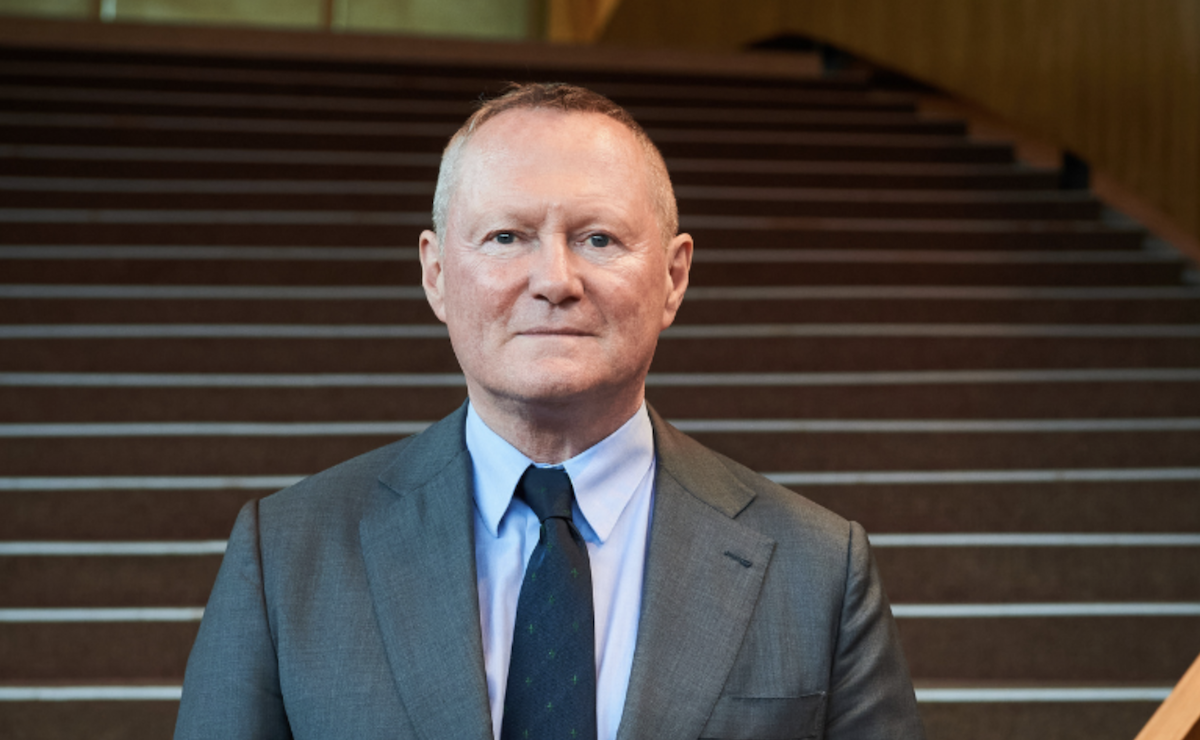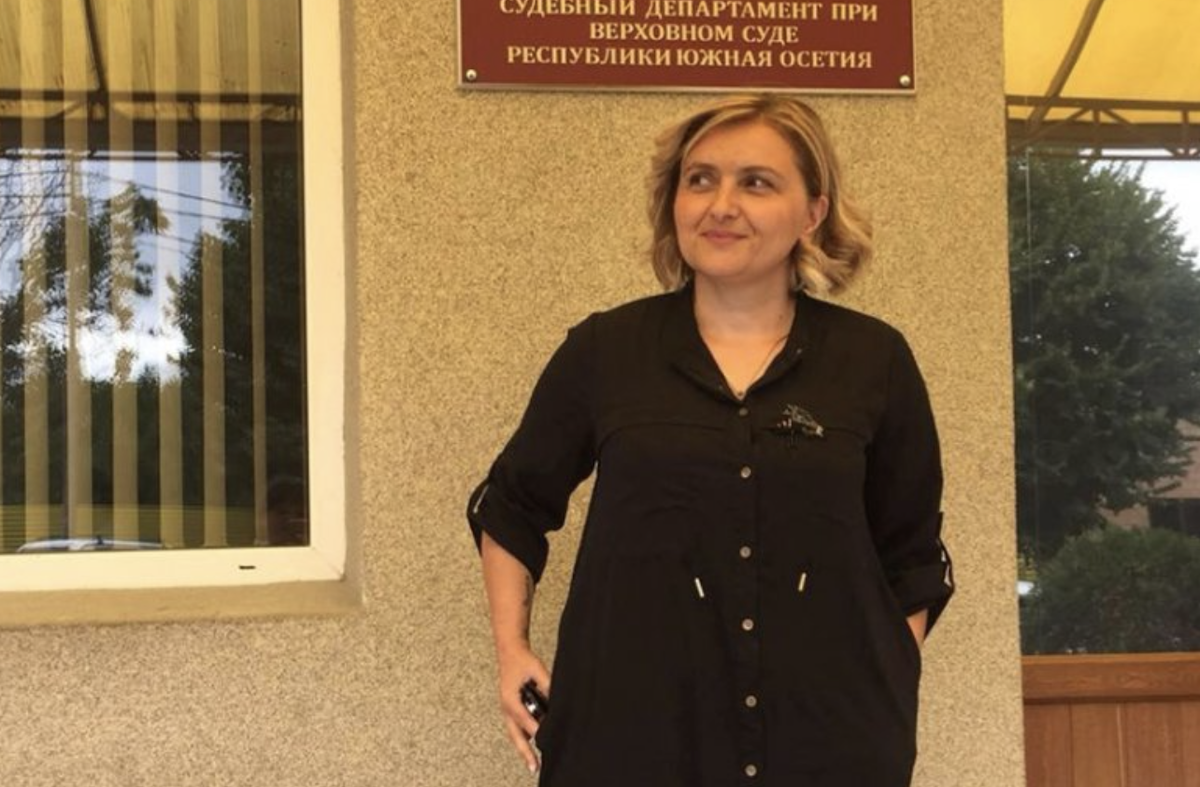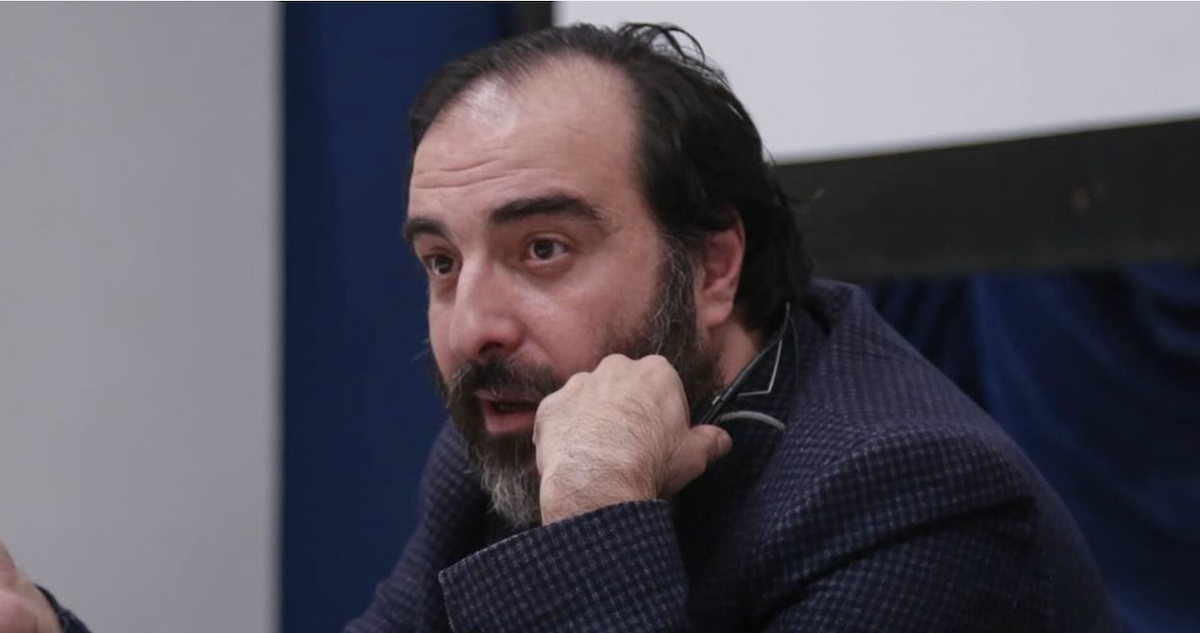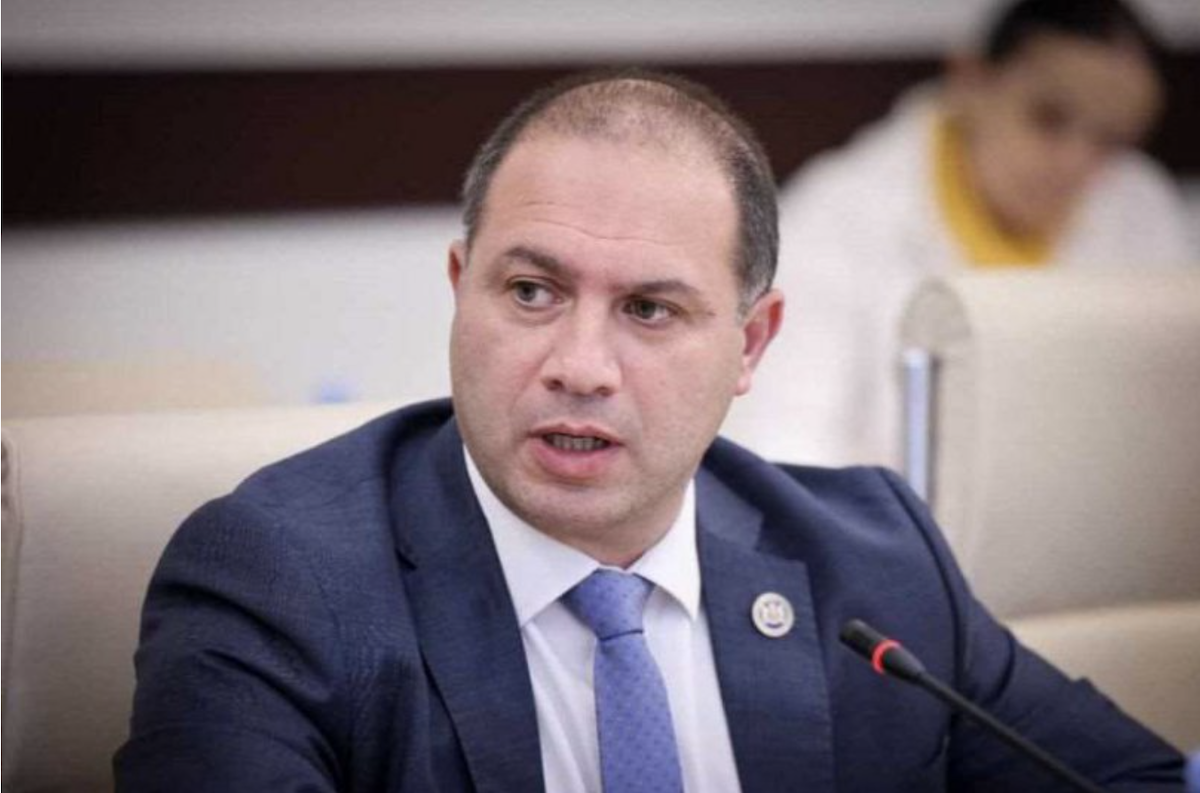Romania’s referendum on same-sex marriages
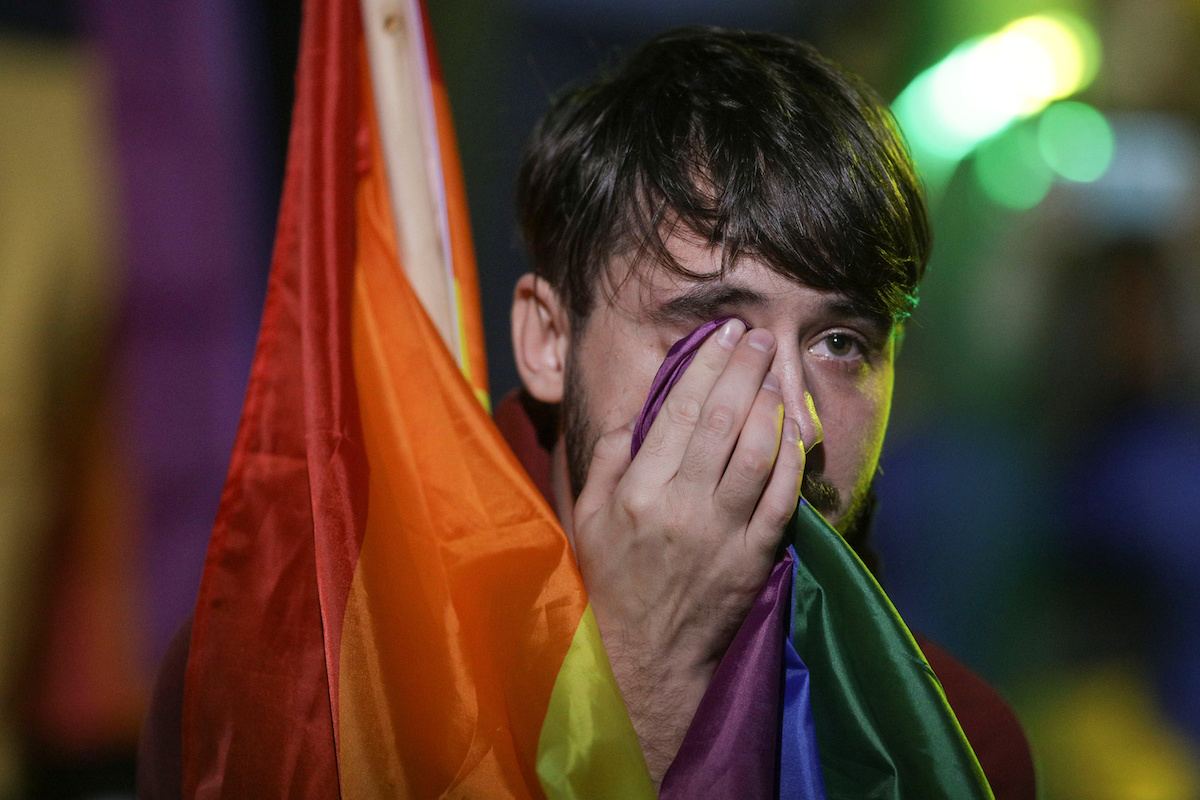
An unprecedented referendum recently took place in Romania where voters were asked whether they would want to add an amendment to the constitution defining marriage as between a man and a woman.
The referendum was deemed invalid because of a low public turnout of only 20.4 per cent instead of the needed 30.
Moldovan news outlet Ziarul de Garda (ZdG) reported on the referendum, and why, more than anything, it was needed by the Romanian authorities.
What was the referendum about and who initiated it?
The referendum took place on 7 October. Voters were offered to vote in favour of defining marriage as “a union between a man and woman” instead of the current wording which simply says spouses.
A Romanian civic group, Coalition for Family, was behind the idea of the referendum. The coalition is a conservative organisation which is supported by the Orthodox Church in Romania.
The scale of the referendum was unprecedented: the authorities called on citizens to come out and vote at polling stations across the world, including in Baku, Yerevan and Tbilisi.
Arguments for and against
More than 80 per cent of Romania’s residents are Orthodox Christians. Despite the fact that Romania is officially a secular state, the church has come out in strong support of the referendum.
Patriarch Daniel of Romania stated that participating in the referendum was an act of confession of faith in God’s love for humanity and an act of great responsibility for the future of the Romanian nation.
Despite the fact that homophobic sentiments remain high among the Romanian public, the majority of the population did not appear consider the issue a pressing one.
A survey conducted by the Pew Research Centre last year showed that only 26 per cent of Romanians were open to same-sex marriages. Moreover, another survey by CURS, conducted at the beginning of this year, showed that the majority of respondents (67 per cent) did not consider the referendum on the issue a pressing priority for the country.
Why was the referendum needed?
Tension grew far in advance of holding the referendum itself.
Referendum supporters fiercely defended traditional values, while experts expressed their fears that the referendum was simply a way of distracting the public from more substantial problems such as the failure of the fight against corruption and attacks on the independence of the country’s judicial system.
Romania is one of the most corrupt countries in the European Union. Though the country has achieved certain successes in the field since 2006 when it began rolling out reforms, the country has in recent times begun to regress.
This is the second year that Romania has been faced with enormous protests against corruption and the state’s attack on the country’s judicial system.
The situation became particularly intense after the firing of the head of the anti-corruption bureau Laura Kövesi, who had sent hundreds of high-ranking officials and politicians behind bars for bribery.
Critics and observers suspect that the holding of the referendum and the fact that the country is at the height of a political crisis is not a coincidence.
“The issues connected to the referendum have monopolised public debate and distract [the public’s] attention from important events,” Moldovan judge Ion Guzun told MdG.
What does the European Union have to say?
Shortly before the vote the European Parliament held an emergency session during which Romania’s justice and court system was harshly criticised. It was also noted at the meeting that family values should not be an excuse to justify homophobia or reject other types of non-traditional families.
Same-sex marriage is legal in 14 of the 26 EU countries.
In March 2018, the European Court obliged all EU members to recognize same-sex marriages registered in other EU countries in an unprecedented verdict. However, it left the choice of whether or not to sanction same-sex marriages up to individual states.
The suit centered around Romanian citizen Adrian Coman, who demanded that Romanian officials recognise his same-sex marriage concluded in Belgium.
The decision of the European Court was also supported by the constitutional court of Romania, which on 27 September 2018 recognised equal rights for same-sex families.











